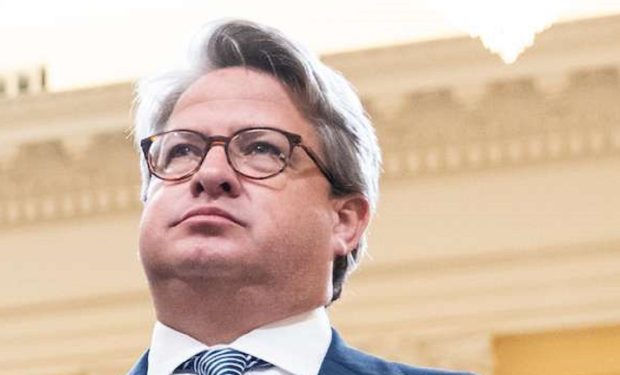From former President Donald Trump‘s Mar-a-Lago resort in Florida, House Speaker Mike Johnson (R-LA) announced that he’s going to introduce “election integrity” legislation to ensure that noncitizens cannot vote at the upcoming federal election in November, without mentioning that U.S. federal law already bans non-citizens from voting in U.S. federal elections, including races for president, vice president, Senate or House of Representatives.
CNN’s Kaitlin Collins complained that highly elected officials including Johnson are to blame for spreading the idea that the past presidential election wasn’t safe and secure — even though no widespread fraud was found.
Conservative Gabriel Sterling, COO for the Georgia Secretary of State, who publicly rejected Trump’s allegations of voter fraud after Joe Biden won Georgia in the 2020 United States presidential election, told Collins: “Democrats play into this because they start fighting and immediately swing the baseball bat” and “that makes people think, well, why are they against noncitizen voting?”
Sterling suggests that Democrats, who tell him they’re not for noncitizen voting, should “vote to put those guard rails in place to help us, to make people believe that.”
“I get annoyed by elected officials who tell me all the time, ‘I know this isn't real, but my people…’ You need to be a leader. And leaders tell people things they don't want to hear. That makes you a better leader. And those citizens better citizens,” @GabrielSterling says. pic.twitter.com/BLLkVMxYOd
— Kaitlan Collins (@kaitlancollins) April 13, 2024
While Sterling agrees that Republicans are laying down foundation so that if Trump loses he can say the election was stolen, he also suggests that Democrats could “take the card out of their [Republicans’] deck and say ‘okay, we’ll pass this or we’ll do part of this'” and then those voters on the fence might say “‘Democrats aren’t fine with all the election integrity things.'”
Note: Below is Sterling’s testimony during a public hearing before the House committee investigating the Jan. 6 attack. The series of questions focused on efforts by Trump and his associates to change the outcome of the 2020 election in Georgia, and the threats to officials and election workers that followed.
